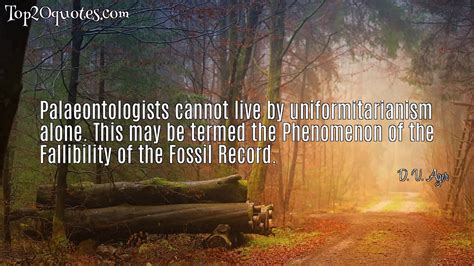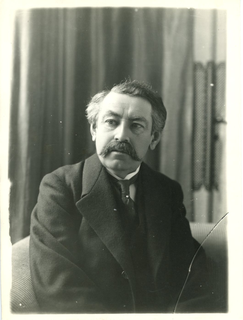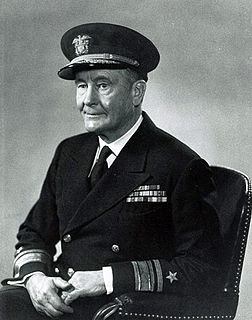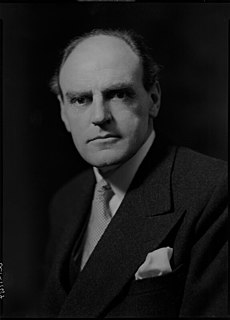A Quote by Henry A. Kissinger
I have learned, as I wrote, that history must be discovered, not declared. It's an admission that one grows in life.
Quote Topics
Related Quotes
Just as Darwin discovered the law of evolution in organic nature, so Marx discovered the law of evolution in human history; he discovered the simple fact, hitherto concealed by an overgrowth of idealogy [sic], that mankind must first of all eat and drink, have shelter and clothing, before it can pursue politics, science, religion, art etc.
Just as Darwin discovered the law of development of organic nature, so Marx discovered the law of development of human history: the simple fact, hitherto concealed by an overgrowth of ideology, that mankind must first of all eat, drink, have shelter and clothing, before it can pursue politics, science, art, religion, etc.
In the preface to his great History of Europe, H. A. L. Fisher wrote: "Men wiser than and more learned than I have discerned in history a plot, a rhythm, a predetermined pattern. These harmonies are concealed from me. I can see only one emergency following upon another as wave follows upon wave ..." It seems to me that the same is true of the much older [geological stratigraphical] history of Europe.
Moss grows where nothing else can grow. It grows on bricks. It grows on tree bark and roofing slate. It grows in the Arctic Circle and in the balmiest tropics; it also grows on the fur of sloths, on the backs of snails, on decaying human bones. ... It is a resurrection engine. A single clump of mosses can lie dormant and dry for forty years at a stretch, and then vault back again into life with a mere soaking of water.
America was discovered accidentally by a great seaman who was looking for something else; when discovered it was not wanted; and most of the exploration for the next fifty years was done in the hope of getting through or around it. America was named after a man who discovered no part of the New World. History is like that, very chancy.
Nothing is so convenient as a decisive argument ... which must at least silence the most arrogant bigotry and superstition, and free us from their impertinent solicitations. I flatter myself, that I have discovered an argument ... which, if just, will, with the wise and learned, be an everlasting check to all kinds of superstitious delusion, and consequently, will be useful as long as the world endures. For so long, I presume, will the accounts of miracles and prodigies be found in all history, sacred and profane.
































